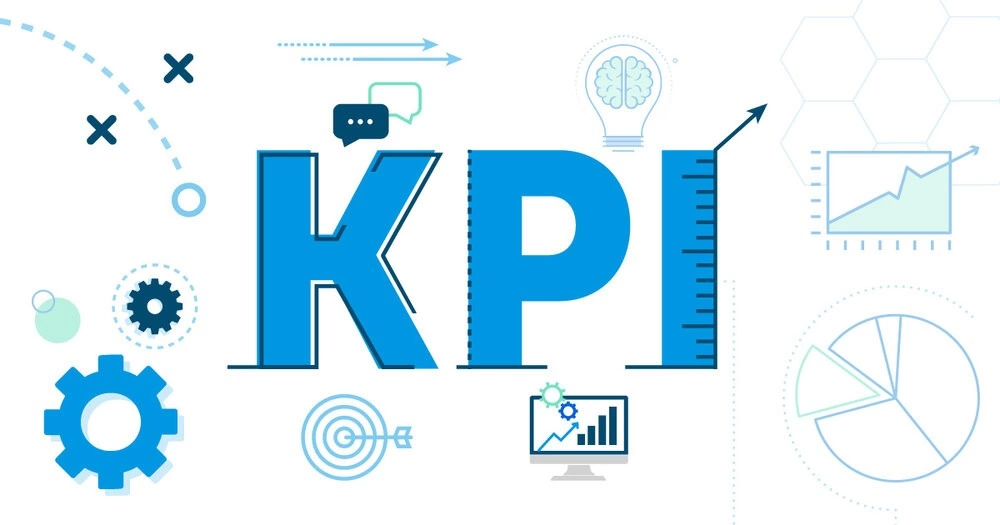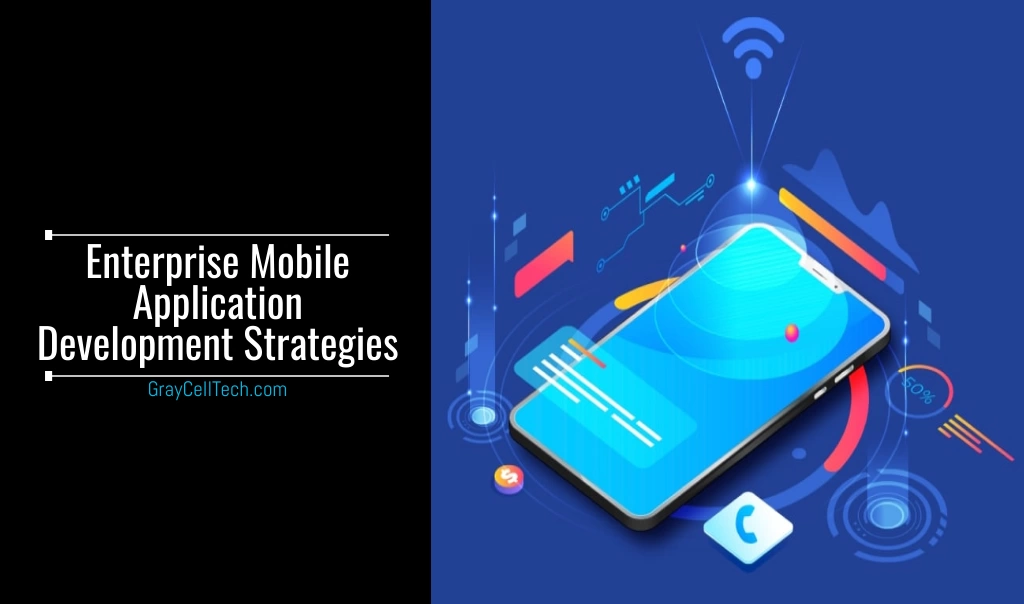What is an Enterprise Mobile App?
Enterprise mobile application is a solution that makes the organizational work faster and more efficient. It acts as a real-time guide for organizing internal operations. Employees can communicate with customers, manage their schedules, organize workflows, and establish routine staff training effectively.
Enterprise apps are of three types:
- Employee Apps
- Department-Specific Apps
- Company Network Apps
Employee Apps

As the name suggests, this type of enterprise application is built for employees of an organization. Such apps focus on enhancing staff productivity and management effectiveness. Using the employee app, an employee can direct other employees, distribute tasks, manage schedules, notify workflow changes, and much more.
For instance, an app for warehouse staff that helps in directing workers to the parcels, adding parcels to the database, and quickly checking information on the nearest deliveries.
Department-Specific Apps
Such apps take care of the daily tasks of a specific team and help in creating and managing workflows. They can also connect customers with employees of a particular department. For instance, a customer of delivery service can view delivery information in this app, edit personal information, view the delivery status, as well as provide feedback.
Company Network Apps
These apps connect all employees, managers, and departments of a company. The platform helps them to communicate effectively and access databases, knowledge bases, training materials, employee qualification schedules, and other materials.
Benefits
- High Productivity
An enterprise app enables you to communicate instantly. It lets you exchange information (such as documents and files) seamlessly without waiting for an update. The enterprise software can help detect bottlenecks in work processes and assign available workers to tasks.
- Transparent Transactions and Accounting
The enterprise app lets you transfer money instantly and document the transactions between accounts. It can also notify the accounting team about payment deadlines.
- Effective Staff Management

An enterprise app can manage workers by assigning them tasks and viewing their schedules and current loads in real-time. Using the staff management tool, you can develop roadmaps and workflows for each process and also view whether there is a risk of delay.
- Supply Chain Management
You can plan, distribute, and transport using the enterprise app. Logistics companies leverage supply chain management apps to cover all stages of the product journey – from supplier to end customer.
- Less Paperwork
You can make your document workflow faster by upgrading paperwork to digital documentation that employees can access via a mobile app on their mobile phones and tablets. Most of the companies have already started using document scanner apps for making digital copies of their physical documents and signing them online without going through piles of paper.
How To Strategize Enterprise Mobile App Development?
- Analyze Your Existing Software and Tools
Enlist tools that are currently used by your employees or departments, and identify the tool that you think needs to be substituted with a better solution. Ensure that your target audience – employees, managers, or clients, finds your app valuable.
- Plan the Integration Process
In case you have an industry-specific software that you use in your daily job, plan how your enterprise app will integrate with it. You can consult your development team to identify the best technology stack.
- Determine the KPI (Key Performance Indicator)

Determine a specific number that you want to achieve with your enterprise app; a productive or effective app needs to be quantified to form your expectation.
- Select a Development Strategy
Currently, a lot of off-the-shelf and low-code mobile enterprise app platforms, MEAPs are present in the market that helps businesses get a quick solution to their issues. It is good to test which digital strategy is required by an enterprise.
Once your enterprise gets experienced with digital solutions and understands its requirements in a better way, the limitations of ready solutions become evident. The UX/UI elements available on such platforms are only suitable for the most basic features, and the given architecture may not be flexible enough to add more features in the future.
Integrating a MEAP with your existing software may be a challenge, therefore, you’ll require assistance from mobile developers.
Talking about the development of a custom enterprise mobile app, although it is an expensive process, it also enables the most flexibility and reliability. You can achieve your business requirements with a custom enterprise app provided that your developers are able to select the most suitable enterprise mobile app development framework.
Enterprise Mobile App Development Process
If you are an entrepreneur and want to build a successful enterprise mobile application for your company, then consider the following steps:
- Define Your Business Goals
First of all, get a clear understanding of the goals that you want to accomplish with the enterprise mobile app. Whether the app is used for staff management or accounting, ensure that it is better than the tools that your employees are using at present. Form your expectations and accordingly enlist the features that you want to implement in the app.
- Calculate Your Budget
Shortlist the enterprise app development companies based on their experience and request a rough estimate. It will help you understand what features you will require and how much they’ll cost to develop. Once you have selected the right enterprise app development company, further plan your development process.
- Develop a Technical Specification
Technical specifications (such as technologies, platforms, requirements and wireframes, and a detailed development roadmap) will help you in getting an estimation of your project in detail. You’ll be able to select a new app development company or stick to the one that developed the specification for you.
- Design the UX/UI

A designer can create a simple and functional design based on wireframes. It is essential for the enterprise app, as some employees may not accept new work tools.
- Develop and Test
Generally, both development and testing processes occur simultaneously. Since the app is tested bit by bit, it results in high-quality code and minimizes bugs. You must ask your employees to test the first version and gather feedback to make desired changes.
- Deploy and Maintain
Once the first version of your app is final, install it on the device of your employee. In case your enterprise software is for clients, publish it on app markets – Google Play and App Store. Once your app is released, your work is not over. You’ll require feedback, change your software accordingly, and maintain it (i.e., fix bugs, update libraries and frameworks, adapt apps to new OS versions, devices, and screen resolutions).
Bottom Line
For a successful enterprise mobility strategy, proper planning and coordination within the organization are required.
“Want to achieve your goals with your enterprise mobility strategy?”
“Need help in developing your enterprise mobile application?” Contact the most trusted mobile app development company at info@graycelltech.com.






